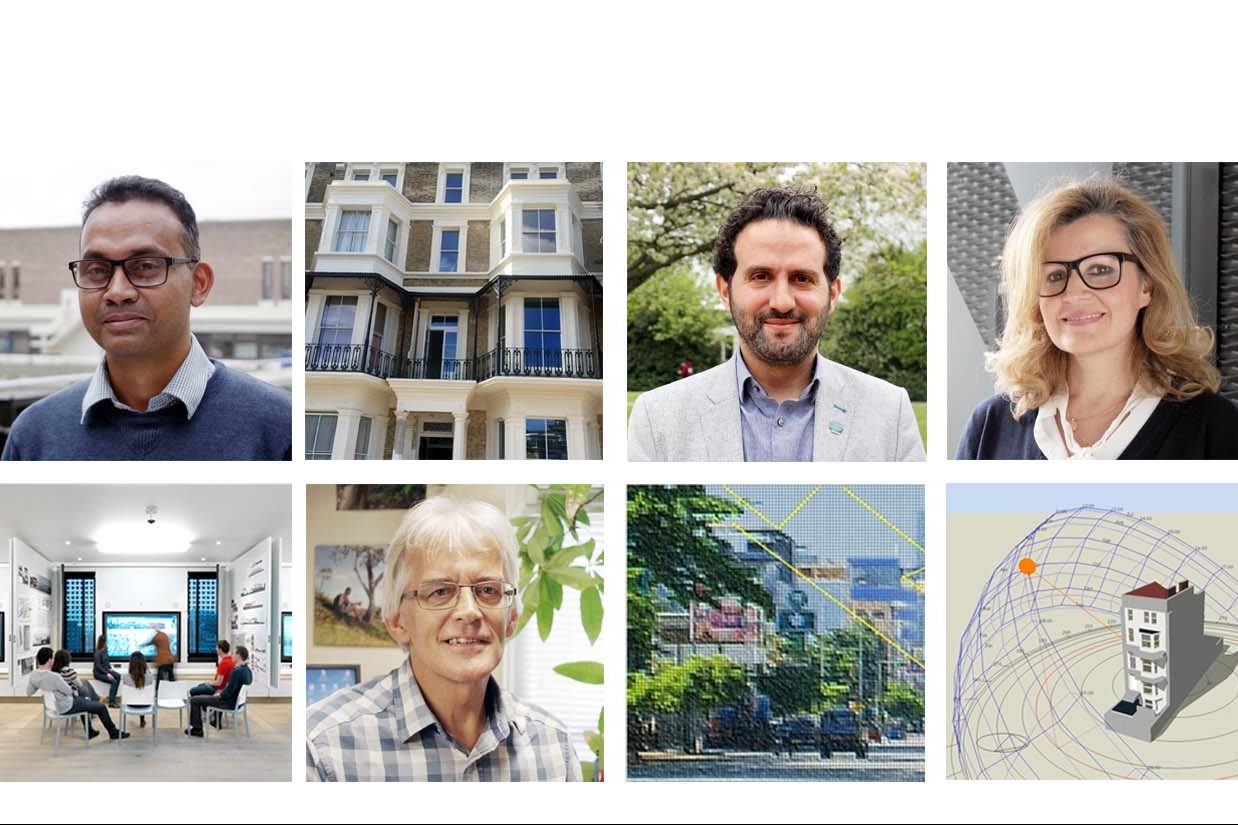
Urban albedo -the capacity of urban surfaces to reflect solar radiation- is one of the most important contributors to changes in outdoor temperature, intensifying the urban heat island phenomenon, where temperatures in urban centres are higher than the surrounding rural environs. The urban albedo is the proportion of the incoming solar radiation reflected by the various surfaces in the urban environment (reflection coefficient), defined as the ratio of incoming to outgoing radiation. As such, environments with an albedo of 0 absorb 100% of the incoming radiation and have no reflection, while those with an albedo of 1 reflect 100% of the incoming radiation back to the environment. The Greater London Authority (GLA) has identified urban albedo as one of the most significant parameters for mitigating the Urban Heat Island in London.
You can find out more about this project here.